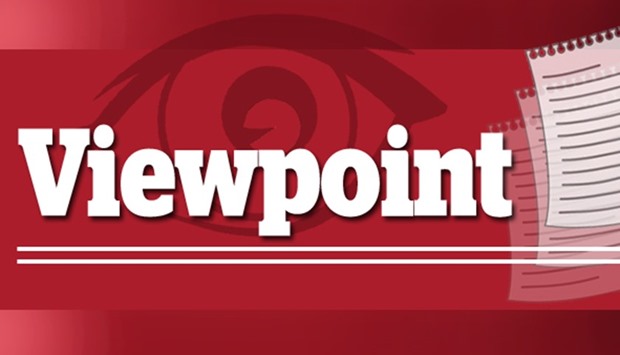With contracts across Africa running into billions of dollars, Morocco is placing business at the heart of its strategy to win support for its re-entry into the African Union.
From Senegal to Madagascar, King Mohamed VI is leading a drive to invest in banking, insurance, telecoms, manufacturing and construction projects.
And while it has long nurtured warm ties with its francophone neighbours in West Africa, Morocco is now using mega-projects to mend ties with East African countries long at odds with Rabat over the Western Sahara issue.
Rabat officially requested in September to rejoin the African Union, 32 years after quitting the bloc in protest at its decision to accept Western Sahara as a member.
“The Moroccan vision consists of making its national companies real ambassadors in Africa,” said Amine Dafir, professor at Hassan II University in Mohammedia near Rabat, who labels the strategy “economic diplomacy”.
It is a drive that has seen the monarch lead a cohort of ministers and business leaders on official visits across the continent.
In recent months they have been hosted by Rwanda, Tanzania, Gabon, Senegal, Ethiopia and Madagascar, where they finished a 10-day visit on Thursday.
Nigeria and Zambia are next on the list.
Each trip has resulted in a flurry of business deals.
The king’s trip to Madagascar in November produced 22 agreements including a vast project to “upgrade” the Pangalanes canal, a series of waterways that extends around 700km along the country’s east coast.
Also in November, Morocco signed an agreement to build a giant factory aimed at making Ethiopia self-reliant in fertiliser by 2025.
The announcement came during as King Mohamed visited Addis Ababa - seat of the African Union.
Morocco quit what was then called the Organisation of African Unity in 1984 to protest at the admission of the Sahrawi Arab Democratic Republic declared by the Polisario independence movement.
Morocco maintains that Western Sahara, a former Spanish colony under its control, is an integral part of the kingdom.
Isolated in Africa for decades, Morocco launched an “African Strategy” in the early 2000s in partnership with its “national champions” - Moroccan firms that have developed branches across the continent.
Since then, the kingdom has inked around 500 deals in sub-Saharan Africa, according to the Moroccan think tank OCP Policy Center.
The region is now the target of more than 60% of its foreign investments.
Until 2016, those investments mainly targeted Rabat’s francophone West African neighbours, which largely support its position on Western Sahara.
For example, Morocco is the biggest foreign investor in the Ivory Coast, where Moroccan companies are working on a vast $160mn project to revamp the Cocody bay in the economic capital Abidjan.
But its desire to rejoin the African Union prompted Rabat to change tack, with King Mohamed paying unprecedented visits to other parts of the continent.
He has played up “south-south co-operation” to promote Moroccan outreach.
Driss Grini, professor at the University of Marrakesh, said attempts by world powers to invest in the continent are often “badly perceived by Africans”.
“On the other hand, Morocco’s relations with sub-Saharan African countries are seen in a positive light,” he said. “They are governed by a vision of common interests and a win-win logic.”

